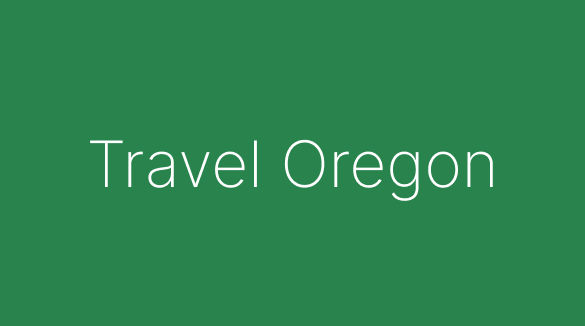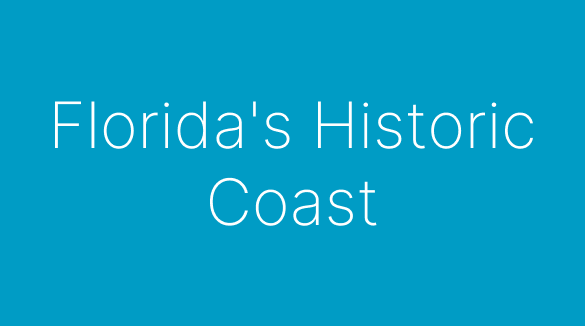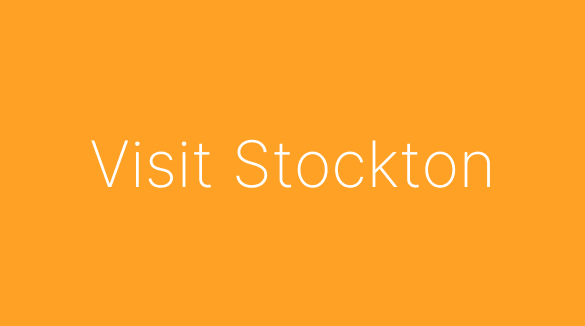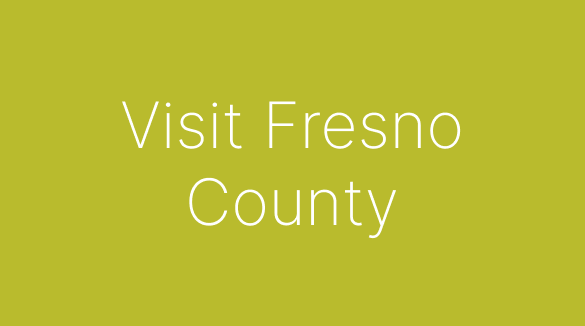Intentful for DMOs and Travel
A complete AI suite for destination marketing, built for how DMOs work and how travelers explore.
Your DMO AI Agent Powers the Entire Suite
Your DMO AI Agent is your destination’s voice built from your local knowledge, content, events, facts, tone, and style.
Built to keep your messaging accurate and adaptive.
AI Assistant
Answers visitor questions in real time
No integration needed: just add a code snippet
Provides natural language responses
Speaks 90+ languages
Generative Response Ads
Let visitors ask questions inside the ad
Highlights attractions, events, dining, and more
Works before they ever land on your site
Responds in real time
Content Creation
Create content with AI that knows your destination
Powered by your site, events, and brochures
Multiple templates specific to DMOs
Evolving to stay aligned with generative search
Included: AI discoverability report
Bonus feature 1
Because our products are powered by AI search, we stay close to how content is read and interpreted by systems like ChatGPT, Perplexity, and others.
As a bonus, we share that knowledge with you through a quarterly report on how your website is performing in this new environment.
You’re free to use the insights with your agency or web team to support ongoing optimization.
Included: Trends and Practical Use of AI for DMO and Members
Bonus feature 2
As a leader in the practical use of AI in marketing communications, Intentful extends this knowledge to your member organizations.
Included with your suite is a hands-on training session for your member companies focused on responsible, real-world applications of AI in tourism.

Always-On for Oregon Explorers
From coastlines to cities, Travel Oregon’s AI Assistant makes it easier to plan, explore, and get answers, in real time.

Questions Meet Instant Answers
Florida’s Historic Coast uses AI to help visitors get quick answers, from attractions to accommodations.

Faster Info. Fewer Clicks.
Stockton’s AI Assistant helps visitors navigate events, food, and fun, with answers delivered in real time.

From FAQs to Conversations
AI-powered support helps travelers explore Pasadena with instant, on-brand responses.

Scalable Visitor Support in Real Time
Fresno County’s AI Assistant helps visitors explore with real-time tips, ideas, and answers that make destination discovery easier.

